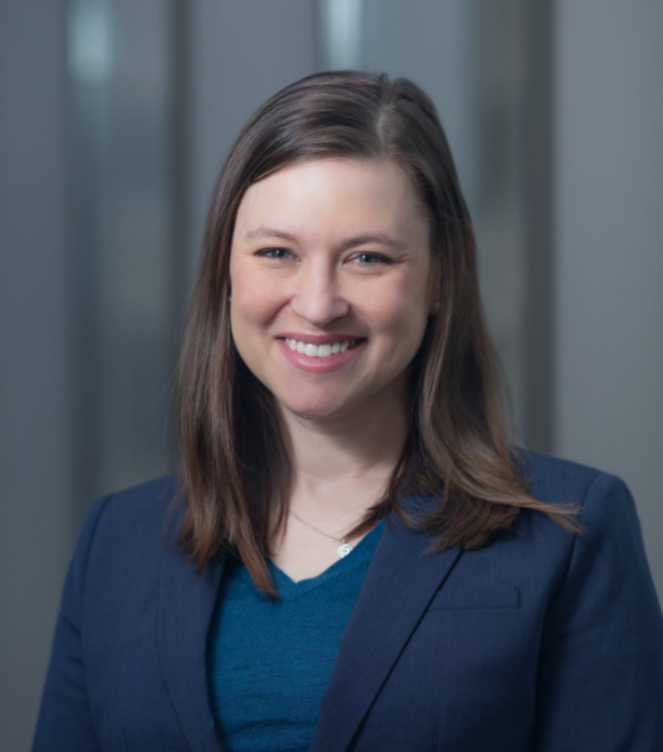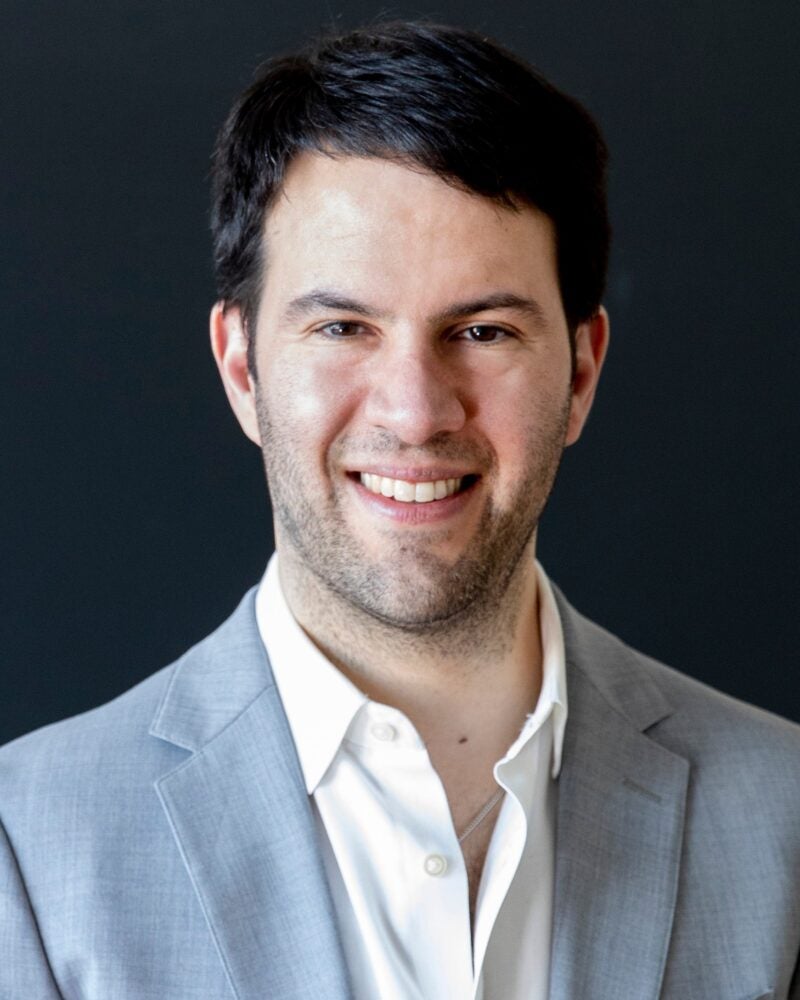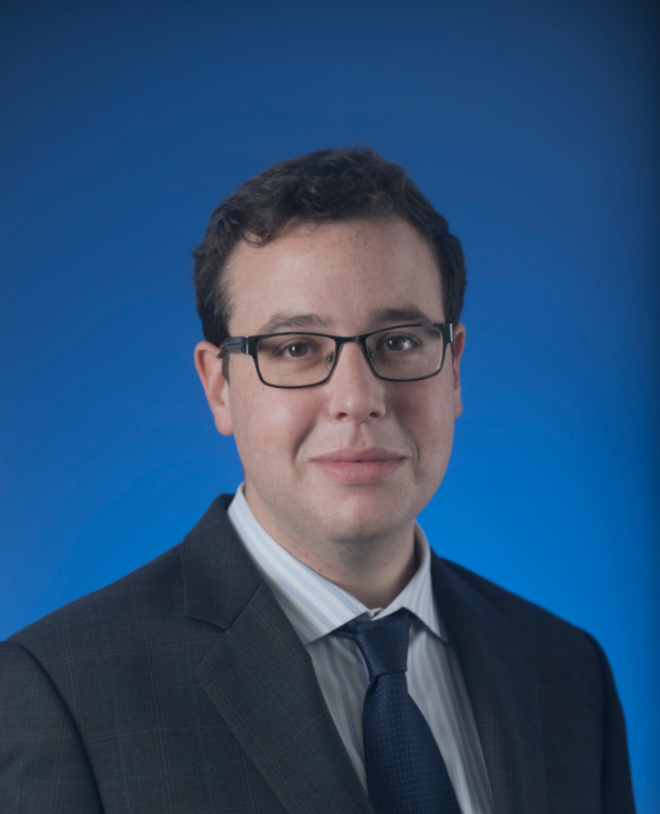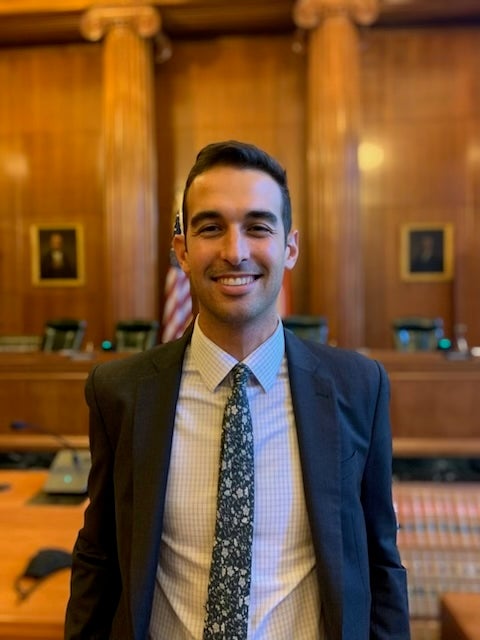The Election Law Clinic offers Harvard Law students the opportunity to do hands-on litigation and advocacy work across a range of election law areas, with an initial focus on redistricting and vote suppression cases. Clinic offerings will include federal and state litigation projects, as well as some advocacy opportunities.
Under the supervision of Clinical Director Ruth Greenwood, clinic students will work on every aspect of litigation, including pre-filing investigations, meeting and retaining clients, engaging in lay and expert discovery, briefing and arguing dispositive motions, pre-trial preparations and trial practice, as well as the appellate process. Election law cases rely heavily on political scientists as experts, so students will have broad exposure to emerging theories and methods in political science and how to communicate them to a legal audience. Students will also engage in one-off amicus brief work for cases of national importance. Professor Nicholas Stephanopoulos will provide strategic guidance and supervision for briefing, expert discovery, and appellate work.
In addition to the regular caseload, students will work on advocacy opportunities such as drafting legislation, legislative testimony, and engaging experts in the policy advocacy process at the federal and state levels. There will also be opportunities to attend national and state coalition meetings that include lawyers, organizers, and communications experts.
How to Apply
The Election Law Clinic is offered in the Fall and Spring semesters. You can learn about the required clinical course component, clinical credits and the clinical registration process by reading the course catalog description and exploring the links in this section.
Meet the Instructors

Ruth Greenwood
Director; Assistant Clinical Professor of Law
Ruth is the Director of the Election Law Clinic. She engages in litigation and advocacy on a variety of election law cases, while training the next generation of election lawyers.
Ruth litigated two partisan gerrymandering cases from the trial level to the Supreme Court of the United States, Gill v. Whitford and Rucho v. Common Cause, and has litigated voting rights acts claims at the state and federal level. In addition, Ruth has advised dozens of state advocates on drafting and implementing independent redistricting commissions, state voting rights acts, and adopting ranked choice voting. Some of her publications include: Designing Independent Redistricting Commissions, Designing State VRAs, the Civic Benefits of Ranked Choice Voting, and Fair Representation in Local Government.
Ruth was previously the Co-Director of Voting Rights and Redistricting at the Campaign Legal Center, Lead Counsel for Voting Rights at the Chicago Lawyers’ Committee for Civil Rights Under Law, and a Redistricting Fellow with the Democratic National Committee’s Voting Rights Institute. She received her LL.M from Columbia Law School in 2009, and her LL.B./B.Sc. from the University of Sydney in 2005. Ruth is admitted to practice as an attorney in Massachusetts, Illinois and New York.

Nicholas Stephanopoulos
Kirkland and Ellis Professor of Law; Director of Strategy
Nicholas Stephanopoulos provides strategic advice for clinic cases, helps to litigate some of these matters, and is involved in supervising student work.
Professor Nicholas Stephanopoulos’s research and teaching interests include election law, constitutional law, administrative law, legislation, and comparative law. His work is particularly focused on the intersection of democratic theory, empirical political science, and the American electoral system. His academic articles have appeared in, among others, the California Law Review, Columbia Law Review, Duke Law Journal, Harvard Law Review, Northwestern University Law Review, New York University Law Review, Stanford Law Review, University of Chicago Law Review, University of Pennsylvania Law Review, Virginia Law Review, and Yale Law Journal. He has also written for popular publications including the New York Times, Washington Post, Los Angeles Times, Chicago Tribune, Atlantic, New Republic, Slate, and Vox. He has been involved in several litigation efforts as well, including two partisan gerrymandering cases based on his scholarship and decided by the Supreme Court.

Daniel Hessel
Clinical Instructor
Daniel Hessel is a clinical instructor in the Election Law Clinic. He is a graduate of Northwestern University and Yale Law School. He clerked for Judge Christopher R. Cooper of the U.S. District Court for the District of Columbia. Before joining the Clinic, he litigated election law cases with the Campaign Legal Center and environmental cases with the Natural Resources Defense Council.

Sam Davis
Clincial Instructor
Samuel Davis is a clinical instructor in the Election Law Clinic. He is a graduate of Duke University and Yale Law School. He clerked for Associate Justice Anita Earls of the Supreme Court of North Carolina. Prior to joining the clinic, Samuel litigated civil rights cases as a Liman Fellow at the ACLU of North Carolina and was an associate at a plaintiff-side workers’ rights firm in Boston. He is a native New Yorker who currently lives in Jamaica Plain with his family.
Staff Members
| Veniece Miller | Program Coordinator | vmiller@law.harvard.edu |